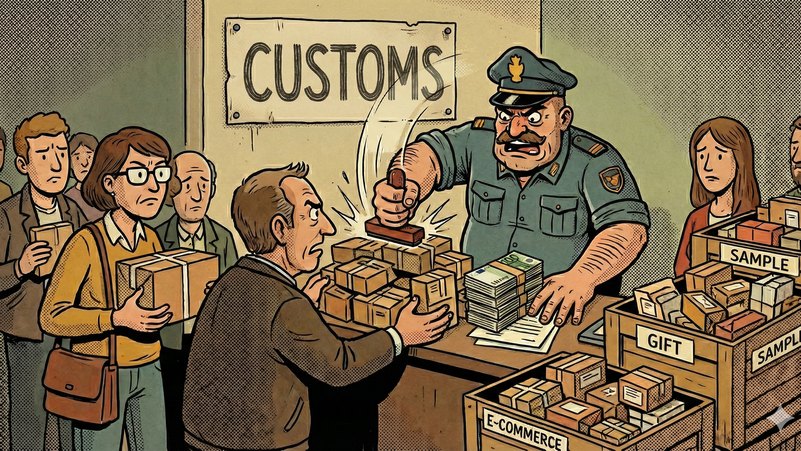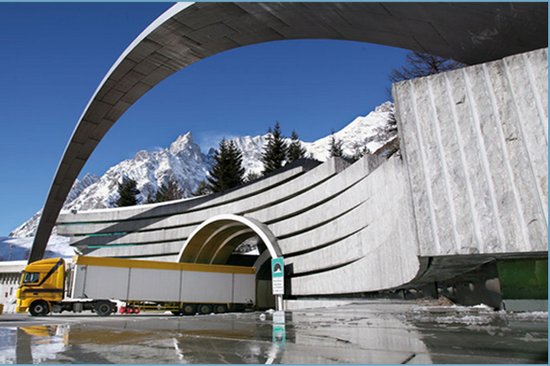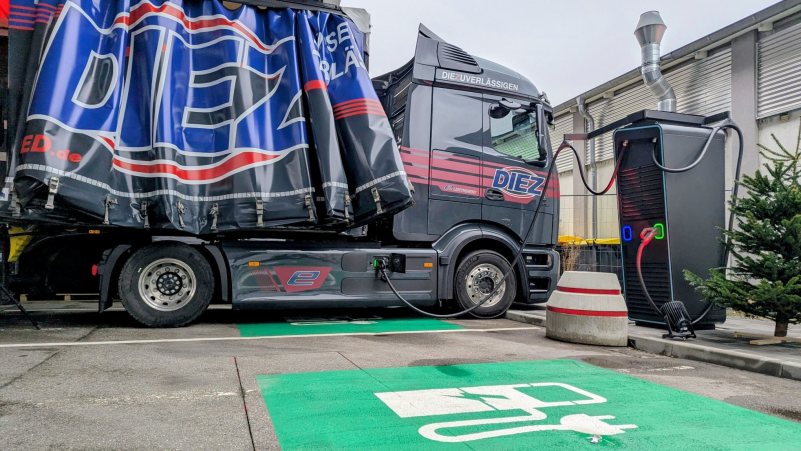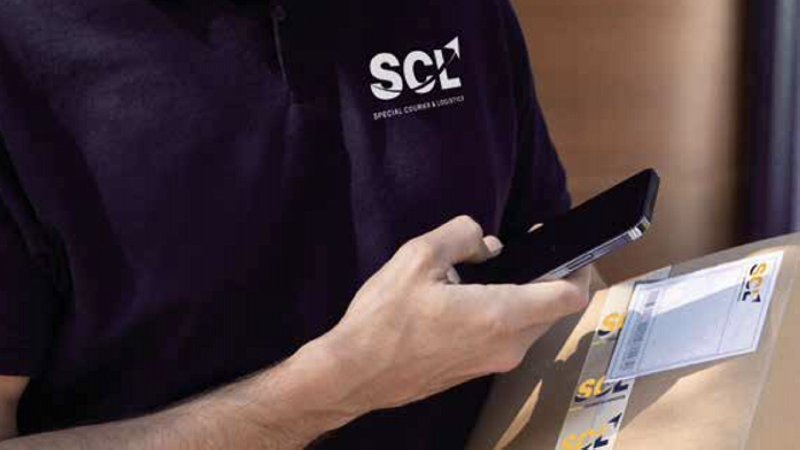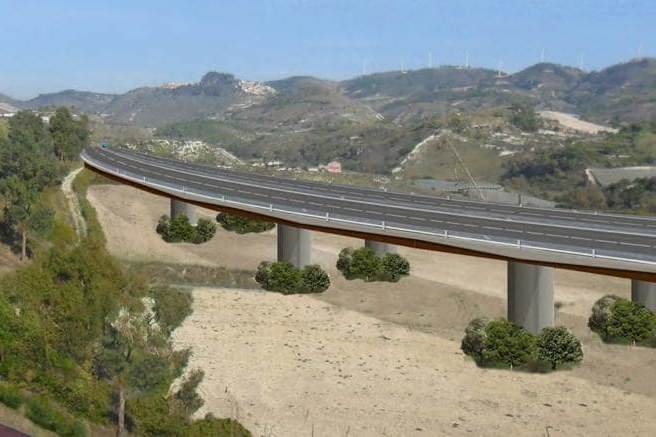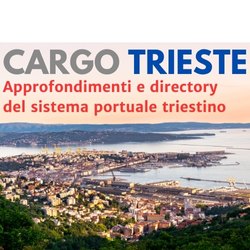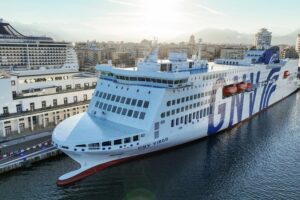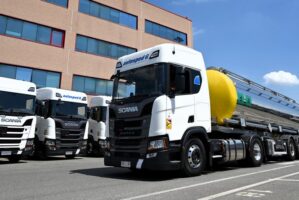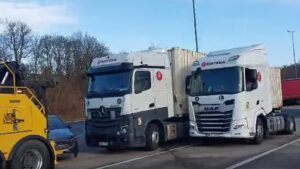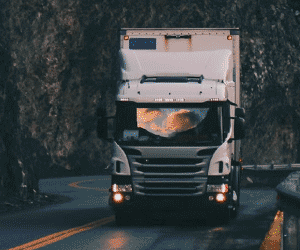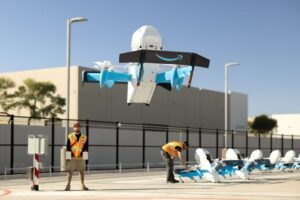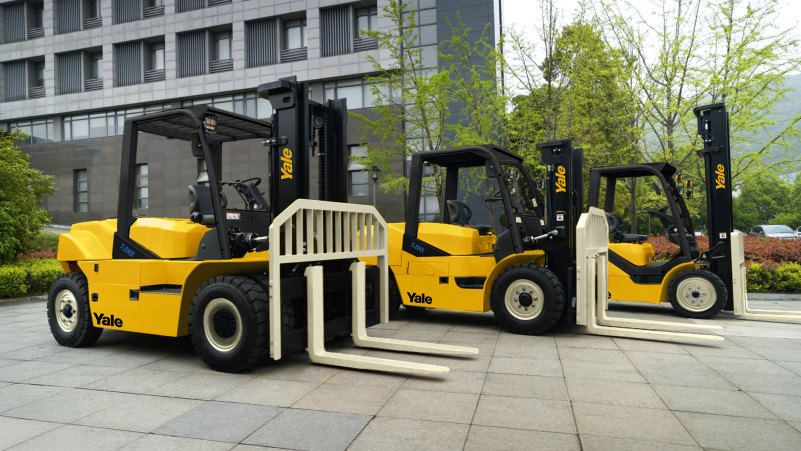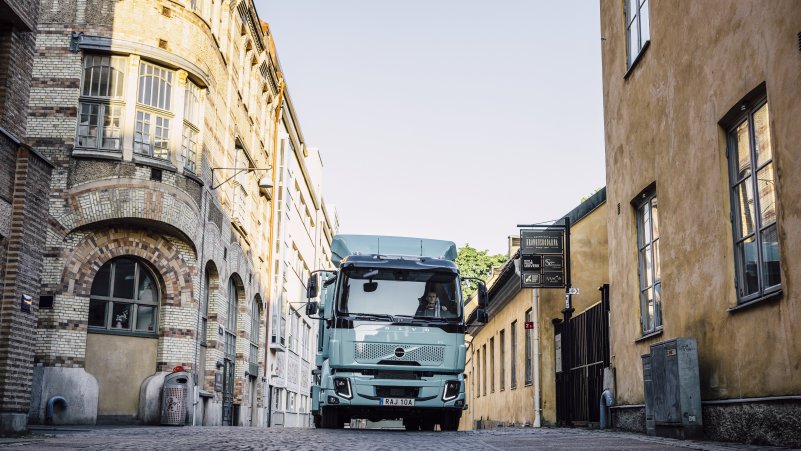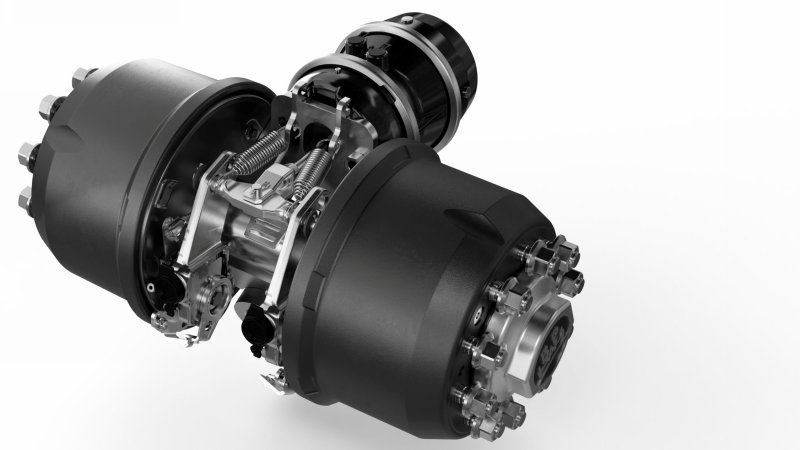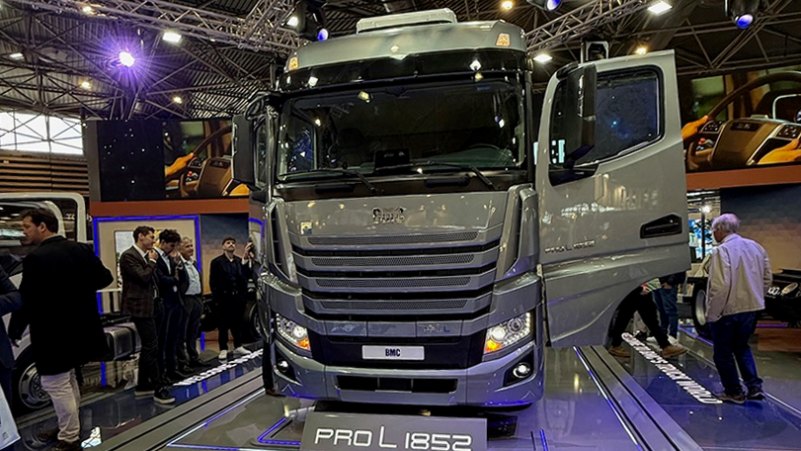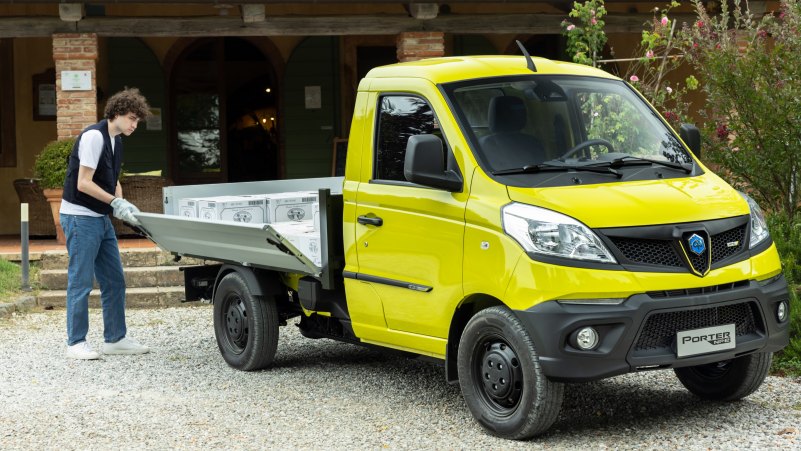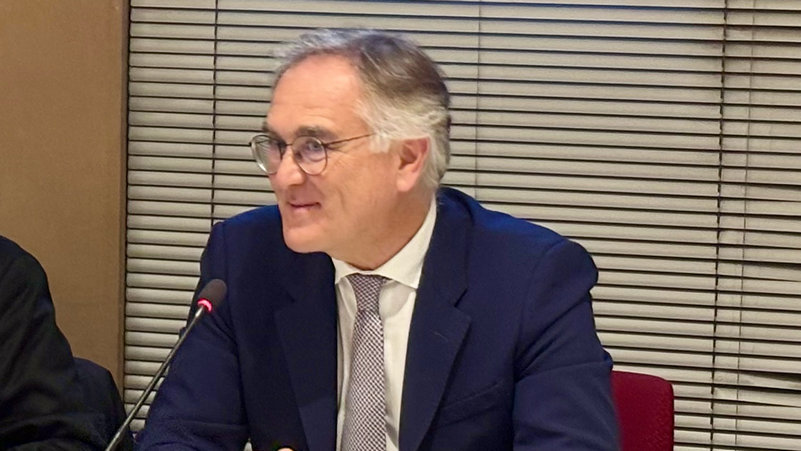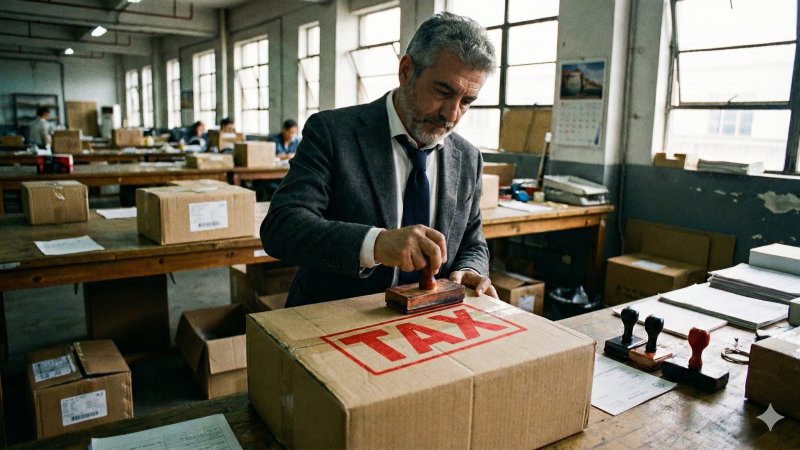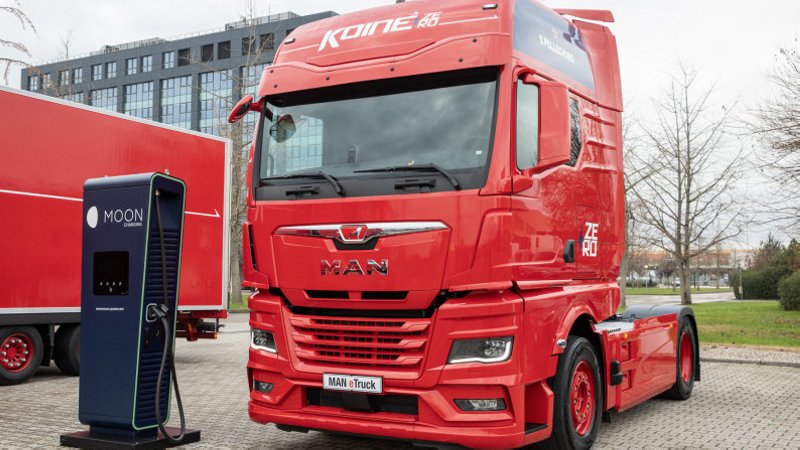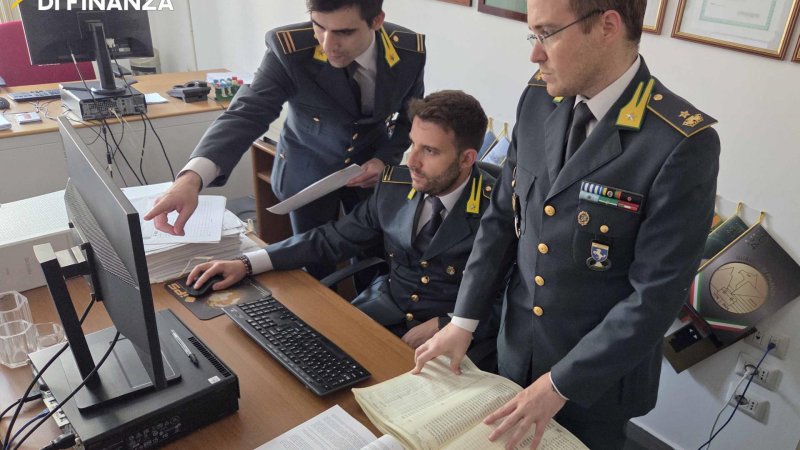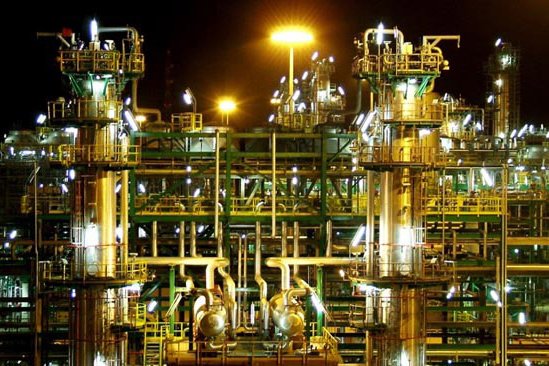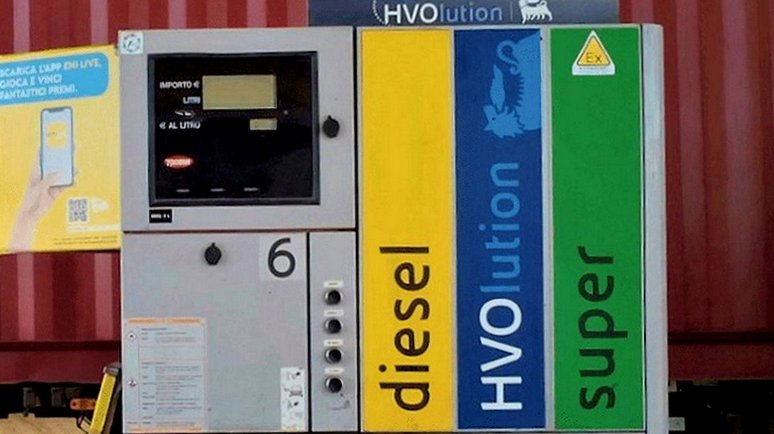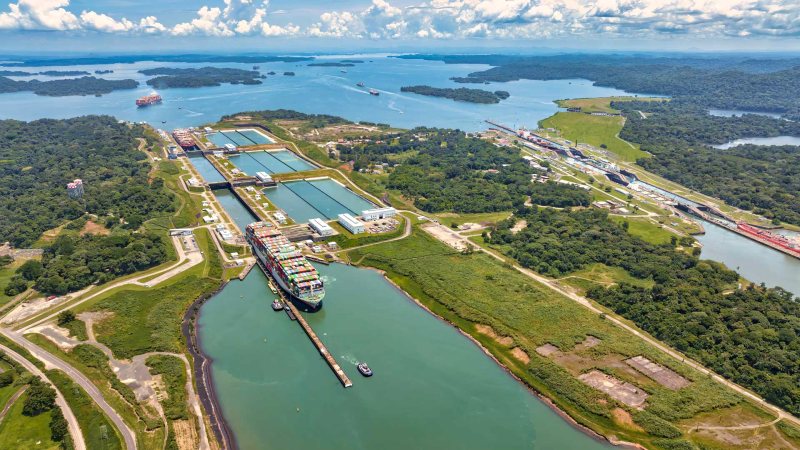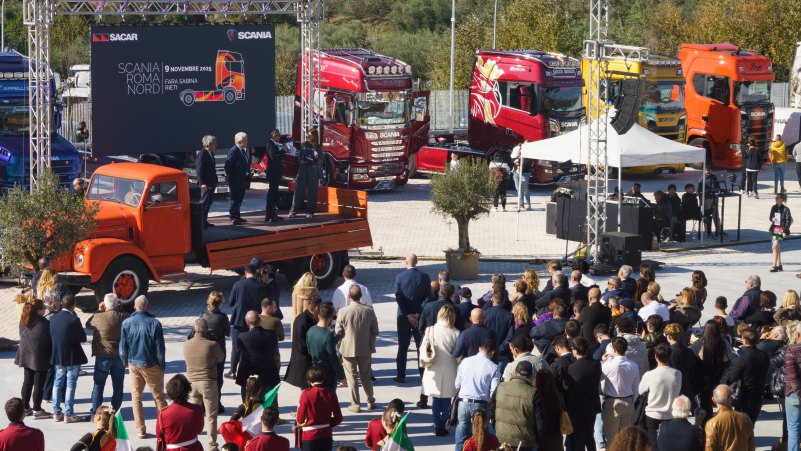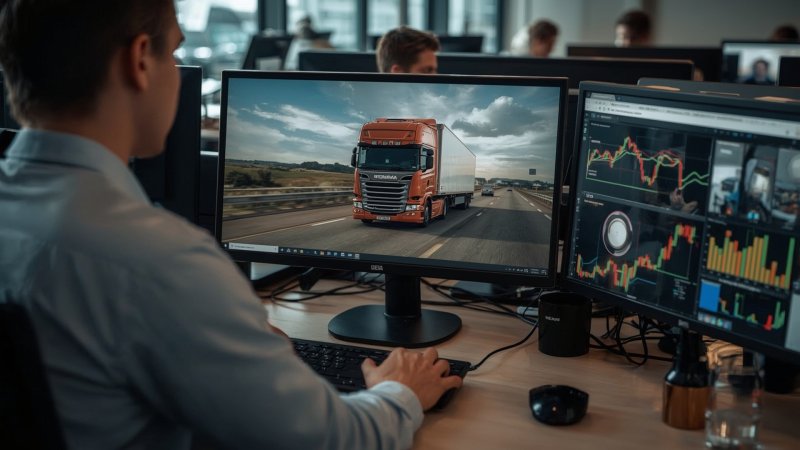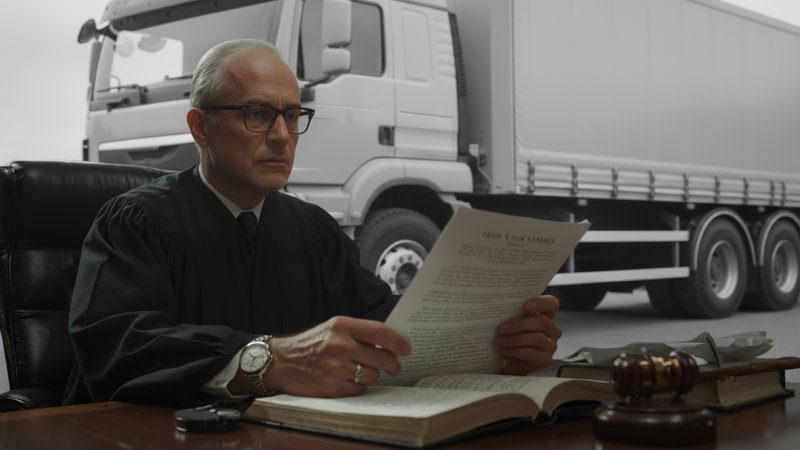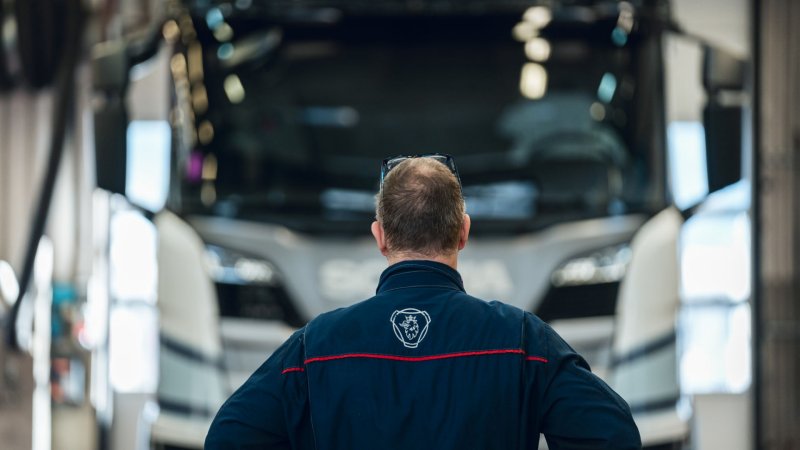A fresh wave of protests has erupted in the Netherlands, led by drivers recruited from non-European countries. This time, the controversy focuses on the Lithuanian company Rosteka, which provides logistics services for global giants like Amazon and Tesla. Based in Kaunas, Lithuania, about 100 kilometres from Vilnius, Rosteka also operates an office in Sejny, Poland, located near the borders of Lithuania and Belarus.
The situation was brought to light by the Dutch trade union FNV, represented by its spokesperson Edwin Atema, who has increasingly become a prominent advocate for drivers’ rights. The union reported that several Rosteka drivers have approached authorities, accusing the company of rights violations and claiming they are victims of exploitation.
Some drivers alleged they were coerced into signing documents they could not understand and were threatened with deportation by their employers. In response to these grievances, some drivers have parked their trucks in protest, delaying deliveries for Amazon and Tesla while demanding action from Rosteka. However, the company has remained silent on the matter, issuing no statements and refusing to engage with the protesting drivers.
Instead, Rosteka filed a report accusing the drivers of stealing both trucks and their cargo. To retrieve the vehicles, the company dispatched recovery trucks, accompanied by police who had been informed of the alleged theft. Once at the protest sites, authorities reportedly assessed the situation and confiscated one truck carrying Amazon goods. The case was subsequently reclassified as a “labour dispute” rather than theft.
Edwin Atema, head of the transport division at FNV, took to the union’s official channels to outline the issue. He explained that Rosteka had recruited drivers from Central Asia, India, and other non-EU countries, such as Zimbabwe, under the promise of fair working conditions and high wages. Upon arrival in Europe, however, these drivers faced exploitation: extended periods confined to company trucks, a lack of transparency regarding wages and employment documentation, delayed or reduced pay due to unspecified deductions, and pressure to falsify driving and rest times.
Atema called on Amazon and Tesla to scrutinise their supply chains and blacklist Rosteka, accusing the company of violating social responsibility and human rights standards. Both companies maintain clear policies on human rights and, according to FNV, should take immediate steps to safeguard drivers’ rights and prevent further abuses. “We are just pieces of meat,” one Rosteka driver told the union. “We thought Europe was socially responsible, and its laws would protect us, but I am now worse off than when I arrived.”
This case bears striking similarities to last year’s incident involving the Polish company Agmaz, when a group of drivers staged weeks-long protests at a German service area. A year on, it is increasingly evident that driver exploitation in Europe is far from isolated. The recruitment of non-EU drivers today represents a modern form of human trafficking.
Marco Martinelli


